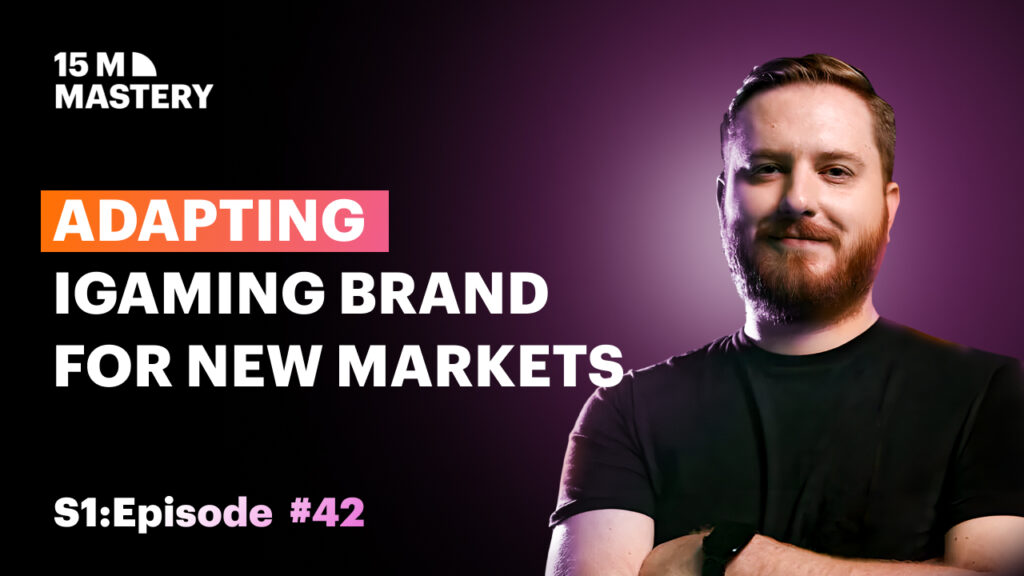In iGaming, building a scalable business often hinges on effective leadership and mentorship. Dmitry Belianin, a prominent industry leader, shares his approach to balancing multiple investments while encouraging strong leadership within his teams. His insights provide a blueprint for empowering leaders, avoiding micromanagement, and scaling businesses successfully.
A Personal Investment Journey
Dmitry Belianin’s journey as an investor and leader in iGaming reflects a deliberate and strategic approach. With experience spanning multiple investments, his philosophy is grounded in the belief that scalable growth comes from empowering teams rather than direct control.
“My role as an investor isn’t about being in the trenches daily,” Dmitry explains. “It’s about creating a vision, enabling the right leaders, and trusting their expertise.” By focusing on aligning goals with actionable strategies, he ensures his teams have the resources and autonomy to deliver results.
Managing Investments and Scaling Effectively
Balancing multiple investments requires structure and adaptability. Dmitry’s approach emphasises creating clear frameworks that allow each investment to thrive independently while remaining aligned with overarching goals.
Key strategies include:
- Clear Communication: Ensuring transparency across all levels of the organisation to keep teams aligned.
- Data-Driven Decisions: Leveraging metrics and KPIs to assess performance and adjust strategies effectively.
- Prioritisation: Focusing on initiatives with the highest potential for impact, avoiding resource dilution.
“Scaling isn’t about doing more, but doing the right things more efficiently,” Dmitry notes.
Recognising Key Leadership Attributes
Strong leadership is the backbone of a successful organisation. Dmitry highlights the critical traits he seeks in leaders:
- Resilience: The ability to adapt and lead under pressure.
- Empathy: Understanding team dynamics and building trust.
- Vision: Keeping the organisation focused on long-term objectives.
“The best leaders are those who inspire and challenge their teams while being approachable and supportive,” he shares. This balance fosters an environment where innovation thrives.
Balancing Mentorship with Scalability
Mentorship plays a vital role in scaling businesses. Dmitry advocates for a hands-on but balanced approach, where leaders are coached to make decisions independently rather than relying on constant oversight.
“Micromanagement stifles creativity and growth,” he asserts. Instead, he uses mentorship to:
- Guide leaders on strategic thinking.
- Provide feedback that fosters development.
- Set clear expectations and allow leaders to deliver without interference.
Empowering Leaders to Avoid Micromanagement
Empowering leaders is a cornerstone of Dmitry’s methodology. By providing autonomy and instilling accountability, he ensures teams operate effectively without needing constant supervision.
His approach includes:
- Delegating Authority: Assigning leaders full responsibility for specific areas, fostering ownership.
- Supporting Decision-Making: Equipping leaders with tools and insights to make informed choices.
- Encouraging Initiative: Rewarding proactive behaviour and innovation.
“When leaders feel trusted, they’re more likely to take ownership and deliver exceptional results,” Dmitry explains.
Key Takeaways for Scaling and Leadership
For organisations looking to scale while nurturing leadership talent, Dmitry’s strategies offer valuable lessons:
- Focus on Vision and Trust: Build a clear roadmap and trust your leaders to execute it.
- Foster Resilience and Empathy: Develop leaders who can inspire their teams and navigate challenges.
- Avoid Micromanagement: Empower leaders to act autonomously while providing strategic support.
- Invest in Mentorship: Guide leaders to grow into their roles, creating a culture of continuous improvement.
- Leverage Data and Prioritisation: Use analytics to identify high-impact opportunities and allocate resources wisely.
By embracing these principles, iGaming companies can not only scale effectively but also create sustainable systems that empower teams and drive long-term success.



.svg)


